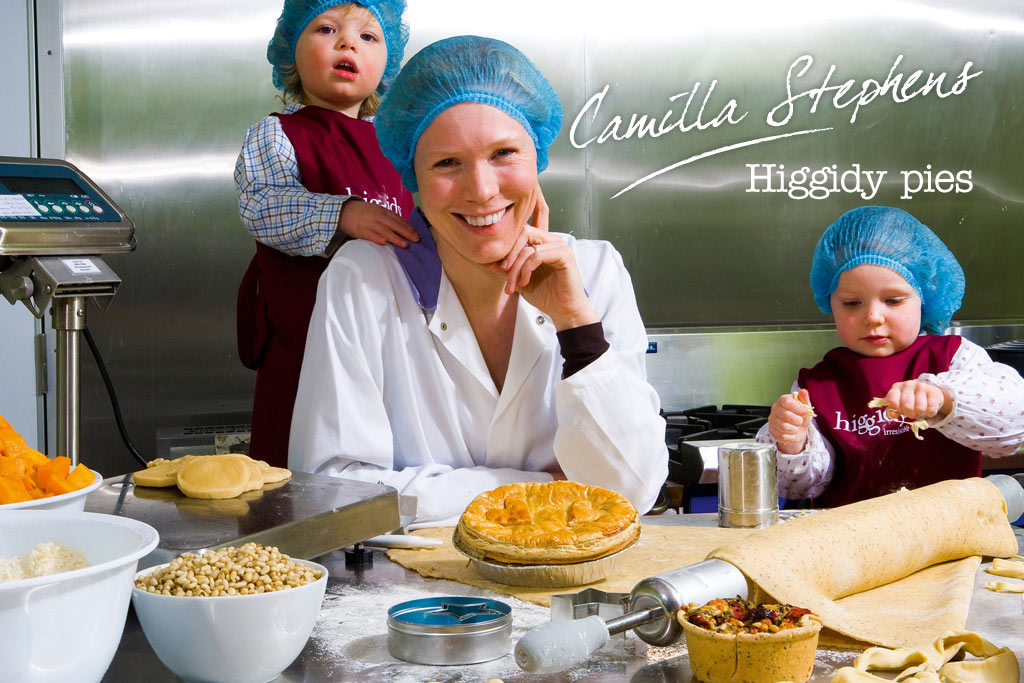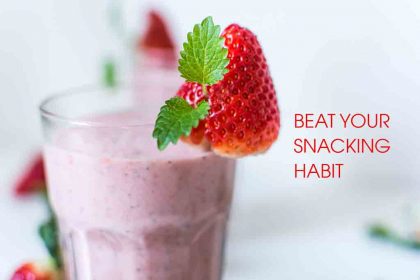What ‘health’ foods will help my children fight off winter bugs?
Your question
Each winter, it seems like my children catch every bug going round (then pass it into me!). In desperation, this year I’ve started looking at vitamin-enriched foods and supplements for children. But I wonder if they work, and whether they’re really as ‘healthy’ as they claim?
Our answer
As the temperatures drop and our babies and children start feeling poorly because of flu, cold or stomach bugs, we often wonder if there is anything to prevent and help the symptoms of winter illnesses.
In desperation, many of us head out to the shops stock up on vitamin C-rich foods, and anything else that looks like it may help – and are faced with a confusing array of choices, all promising what sound like medical miracles.
But which foods really are good for our children? And how can we tell the pretentious, wannabe health foods from the effective, nutritious ones?
Unfortunately, manufacturers are wise to our desperation to ward off winter bugs, and often market otherwise unhealthy products using words like ‘preventing’ and ‘boosting’ – helping to confuse parents. To make matters even more confusing, the advice from nurseries, doctors, and even the government can often be contradictory on their health benefits too.
To keep things simple, when buying healthy foods for your children, look for the term fortified with vitamin C on the packet. This usually means they contain something called ascorbic acid. However, your child’s digestive system is intelligent and knows the difference between ascorbic acid (produced artificially in a chemical laboratory) and natural vitamin C, which comes from fruits, plants and meat – so just because a juice or cereal says it contains extra vitamin C it doesn’t necessarily mean your child is feeling the benefit.
Instead of relying on the sometimes dubious health claims of manufacturers, I have three simple tips to naturally help to keep your children more healthy and bug-free this winter.
Winter health tip one
Find a food that’s rich in naturally-occurring vitamin C that your child likes, and make sure there’s plenty in their diet. Parsley, lemons, strawberries, broccoli, red and green peppers, potatoes and liver are all good sources.
Watch out for – When we think of vitamin C, often the first food that comes to mind is oranges. However, try to avoid juices and smoothies that are highly processed, pasteurised, dyed and high in sugar. The average organic juice contains 10% sugar – that’s 10 grams per 100ml. Cordials and fizzy drinks are even worse. No amount of nutritional engineering can hide the amounts of sugar, artificial flavours and colourings.
Winter health tip two
Boost your children’s immune systems with water, herbal teas like chamomile, peppermint, Cat’s Claw or Rooibos, and home-made soup (preferably using your own stock made from boiling bones… a simple but great way to maximise value from your Sunday roast!).
Watch out for – If you’re trying to boost your child’s natural defence system, watch out for very salty foods like crisps, processed meat, anything deep-fried and cheese. An increased amount of sodium dehydrates your child and can cause damage to their kidneys and thyroid gland.
Winter health tip three
When using salt in cooking, try to buy Himalayan, Cornish sea or rock salt, which all contain healthy amounts of vital minerals.
Watch out for – Food manufacturers spend thousands, if not millions, on clever marketing campaigns designed to appeal to parents and children. So don’t be swayed just because a brand is well-known, or pressurised into buying something because your child likes the packet (or all their friends eat it at school).
In short, keeping your children healthy (and hopefully bug-free!) can be achieved without relying on artificially fortified ‘healthy’ foods. By choosing the least processed, most natural and preferably organic ingredients you can get, you can help your whole family to get all the vital vitamins and minerals they need, without relying on supplements.
(If you’d like to learn more about how large companies market to us, and the tricks they use to get us to buy, take a look at the book Brandwashed, by Martin Lindstrom.)
Answered by Nadja Christin, personal chef, healthy cookery teacher and founder of revolutionary food business Eatneon.










